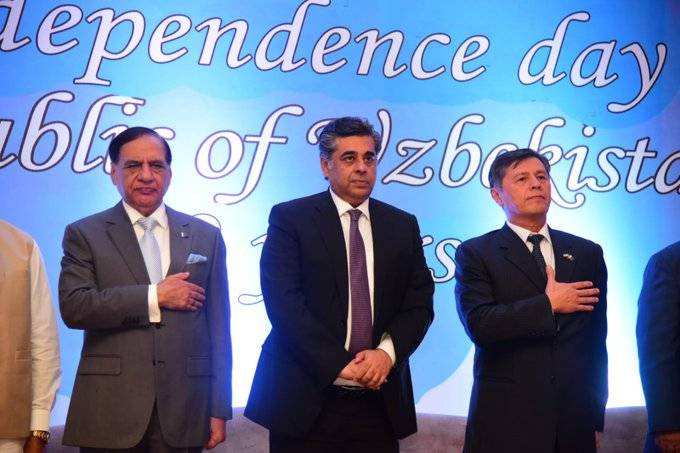Pakistan targets $50 billion trade with Central Asia States
Shares

Dr. Gohar Ejaz, the interim Commerce Minister of Pakistan, has underscored the nation's potential to boost trade with Central Asian countries to a substantial $50 billion. This move comes at a critical juncture for Pakistan, which is grappling with a severe economic crisis characterized by a historic depreciation of its national currency against the US dollar and critically low foreign exchange reserves. Recent weeks have seen nationwide protests and strikes protesting record-high fuel and electricity bills, adding to the country's economic woes.
In an effort to revive its economy, Pakistan established a hybrid civil-military investment council in June, aimed at attracting international investments, especially in sectors such as agriculture, mining, and minerals. Caretaker Prime Minister Anwaar-ul-Haq Kakar has confirmed expectations of substantial investments, with both Saudi Arabia and the UAE committing to investments of $25 billion each within the next two to five years.
Under the banner of "Federal Minister for Commerce, Dr. Gohar Ejaz Unveils $50 Billion Trade Potential with Central Asia on Independence Day Celebration of Uzbekistan," Pakistan's Ministry of Commerce made this significant announcement. Dr. Ejaz also pledged to escalate bilateral trade between Pakistan and Uzbekistan to $1 billion within the current year, showcasing remarkable progress in this relationship. Bilateral trade between the two nations has surged from a mere $27 million in 2019-20 to a substantial $126.05 million in 2022-23.
To facilitate this enhanced trade relationship, both Islamabad and Tashkent have undertaken concrete measures, including the signing of a $1 billion trade agreement in February. Additionally, a convoy of trucks transporting liquefied petroleum gas (LPG) from Uzbekistan via Afghanistan arrived in Pakistan in June, further cementing trade ties.
Pakistan's army chief, General Syed Asim Munir, also recently visited Uzbekistan, seemingly with the aim of encouraging foreign investments, strengthening military cooperation, and fostering defense collaboration between the two nations.
